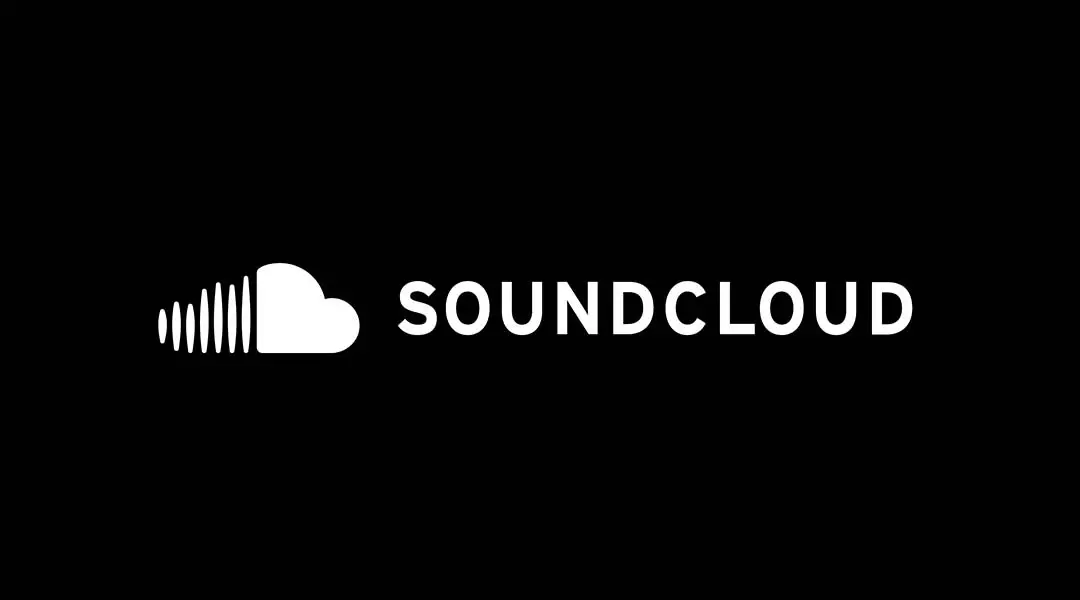In a bold and perhaps controversial move, SoundCloud has subtly revised its terms of service, allowing the platform to leverage user-uploaded audio for artificial intelligence training. This development, unearthed by tech ethicist Ed Newton-Rex, raises essential questions about the effectiveness and ethical implications of AI in creative spaces. The newly updated provisions empower SoundCloud to utilize its users’ content to “inform, train, develop or serve as input to artificial intelligence technologies.” This change signals a significant pivot towards harnessing the immense potential of AI, yet it prompts a serious conversation about the rights of content creators in this evolving landscape.
The Impact on Creators and Their Rights
While the allure of technological advancements is hard to ignore, the implications for artists and creators are profoundly complex. SoundCloud has entered into various licensing agreements with both indie labels and major players like Universal Music and Warner Music Group. However, the absence of a clear opt-out mechanism raises alarm bells among users who feel that their contributions could be exploited without adequate consent or compensation. The onboarding of AI in creative processes should not come at the expense of creator rights; the balance between innovation and respect for artistic ownership is crucial.
The Broader Context of AI in Content Platforms
SoundCloud is not an isolated entity in this evolution; it’s part of a larger trend where multiple digital platforms are modifying their policies to incorporate AI technology. For instance, X (formerly known as Twitter) and LinkedIn have made similar policy adjustments to permit third parties to train AI on user-generated content. This shift reflects a growing industry-wide focus on AI’s potential, but it simultaneously raises ethical concerns about consent norms. Critics argue that AI training should be an opt-in initiative rather than an opt-out, ensuring that creators can maintain control over how their work is utilized.
SoundCloud’s Commitment to Ethical AI Use
In recent communications, SoundCloud has publicized its dedication to ethical AI practices. The platform aims to establish an ecosystem where rights holders are properly credited and compensated as AI technologies evolve. While this rhetoric positions SoundCloud as a forward-thinking advocate for creators, it remains to be seen if practical frameworks will materialize to support these claims effectively. As the landscape becomes increasingly competitive with AI tools being integrated into music production, it is essential for platforms like SoundCloud to navigate these waters wisely, ensuring they prioritize the welfare of their creators.
Looking Ahead: The Future of Music Creation
The future of music production is undoubtedly intertwined with artificial intelligence, presenting both opportunities and challenges for artists. SoundCloud’s foray into AI is emblematic of a broader transition in the music industry, where the line between human creativity and machine learning is continually blurring. As creators adapt to these changes, it is vital for platforms to respect their contributions, fostering an environment that nurtures innovation while safeguarding the rights of artists. The balance between embracing technology and protecting creator interests will define the trajectories of platforms like SoundCloud.

